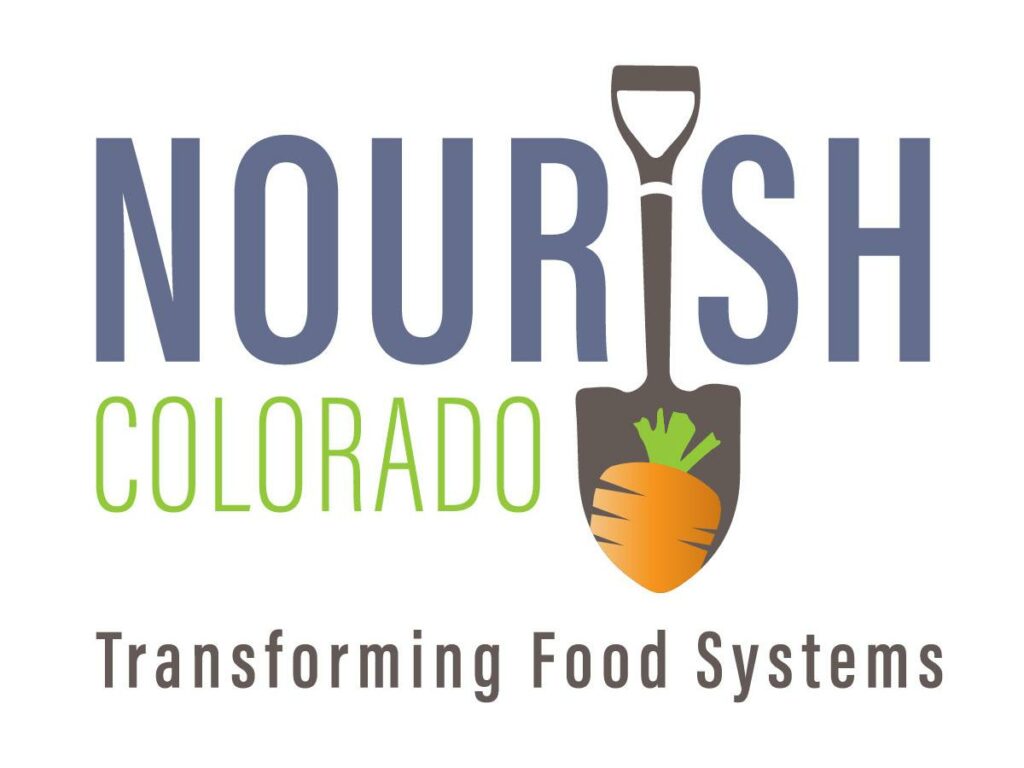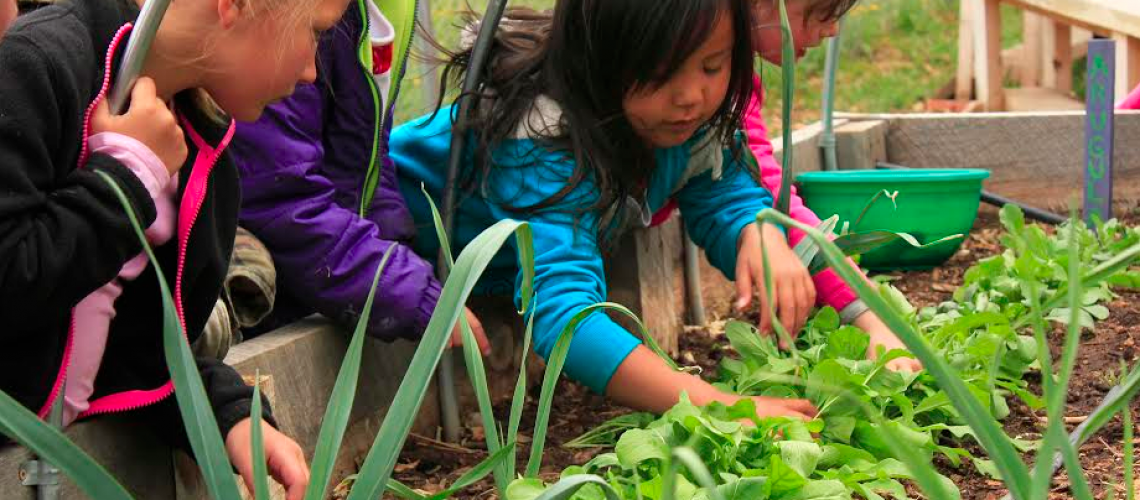LiveWell Voices: Insights from the 8th National Farm to Cafeteria Conference
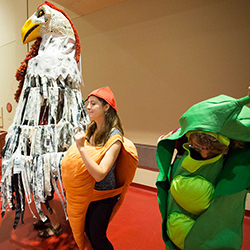
The 8th National Farm to Cafeteria Conference was held June 2-4 in Madison, WI. This year’s highlights included an impressive lineup of keynote speakers, presenters, and learning opportunities. The event was attended by more than 1,000 individuals engaged in the farm to cafeteria movement, including LiveWell’s Director of Food Systems Wendy Peters Moschetti and several other Colorado leaders—eight of whom received scholarships through LiveWell’s Barnraiser crowdfunding campaign. (Check out this great post by scholarship recipient and Executive Director of The Garden Project of Southwest Colorado, Sandhya Tillotson, next.)
Moschetti returned from the conference energized and inspired. “As a co-state-lead for the National Farm to School Network, LiveWell Colorado is committed to working with all who attended from Colorado to share and build upon what we learned,” she said. We sat down with Moschetti to ask about her experience and key takeaways from the event.
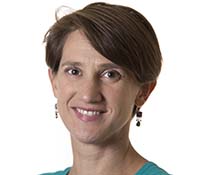 What is one of the biggest learnings you gleaned from the conference?
What is one of the biggest learnings you gleaned from the conference?
A key theme that came up throughout the conference was the idea that, overall, we need to look at this movement as ‘farm to cafeteria’ or ‘farm to institution’ rather than just ‘farm to school.’ We have to look across all age groups and food institutions for our work to have the greatest impact.
For example, on our first day in Madison a group of us toured several hospitals that came together and committed to using fresh, locally-produced foods in their cafeteria kitchens. They all adopted similar hospital food purchasing policies that prioritized products from Wisconsin and they agreed to work with their one common food distributor to make it happen—and they’ve seen tremendous success from the start. It’s a great example of the power of collective purchasing and the influence that large food institutions can have on changing food systems.
What was one of your favorite moments during the conference?
Ricardo Salvador, Union of Concerned Scientists Food & Environment Program Director, gave a very interesting and moving keynote. His talk really served to ground us in the idea that, while food and agriculture systems have historically been and still are used as tools of oppression, these systems can and should be used as tools for good—to bring us together, promote equity, and foster a more inclusive environment around food.
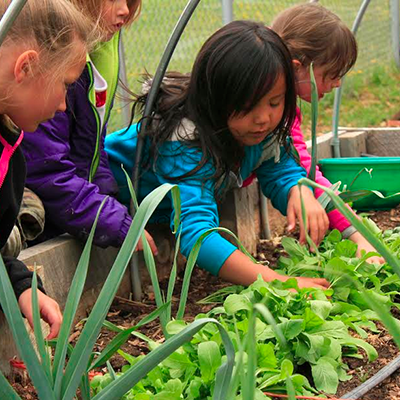 How can these lessons and experiences be applied to the work you’re doing with LiveWell Colorado and its partners throughout the state?
How can these lessons and experiences be applied to the work you’re doing with LiveWell Colorado and its partners throughout the state?
One thing I keep coming back to is the realization of how fortunate we are to have so many food policy networks in Colorado. This, along with the support that LiveWell provides, makes us uniquely qualified to be a national leader of a model that bridges divides between various stakeholders in the local food system. As a state, we’re already employing this approach, convening organizations from across the state to share and learn from each other, advocate for food systems and policy changes, and work together to improve healthy food access.
It’s exciting to think about how we can partner with this incredible network of local leaders to achieve statewide impact in Colorado.
